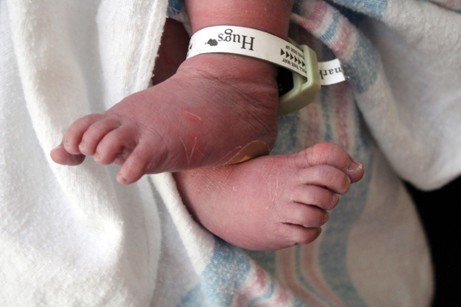Aggregated News

Several years ago, a ray of light appeared in pediatric care when researchers devised a way to reset a child’s mitochondrial destiny.
Mitochondria—the tiny organelles floating by the hundreds in cellular cytoplasm that children inherit exclusively from their mothers—figure in a large number of burdensome, often fatal disorders, whose full extent medical science has only recently recognized. Mitochondria have their own DNA (mtDNA), separate from that contained in cell nuclei (nDNA), and their 37 genes are susceptible to heritable mutations that can interfere with the mitochondria’s essential job of converting food and oxygen into energy.
However, by using in vitro fertilization technology to replace, at the embryo stage, the mitochondria of a mother whose mtDNA is known to be compromised with healthy mitochondria from a female donor, researchers found they might short-circuit the inheritance pattern and possibly give many children a life free of mitochondrial disease.
Even though the National Mitochondrial Disease Foundation says the procedure, called mitochondrial replacement therapy (MRT), may benefit many of the 1000 to 4000 US neonates born each year with a mitochondria-related vulnerability to life-altering...



